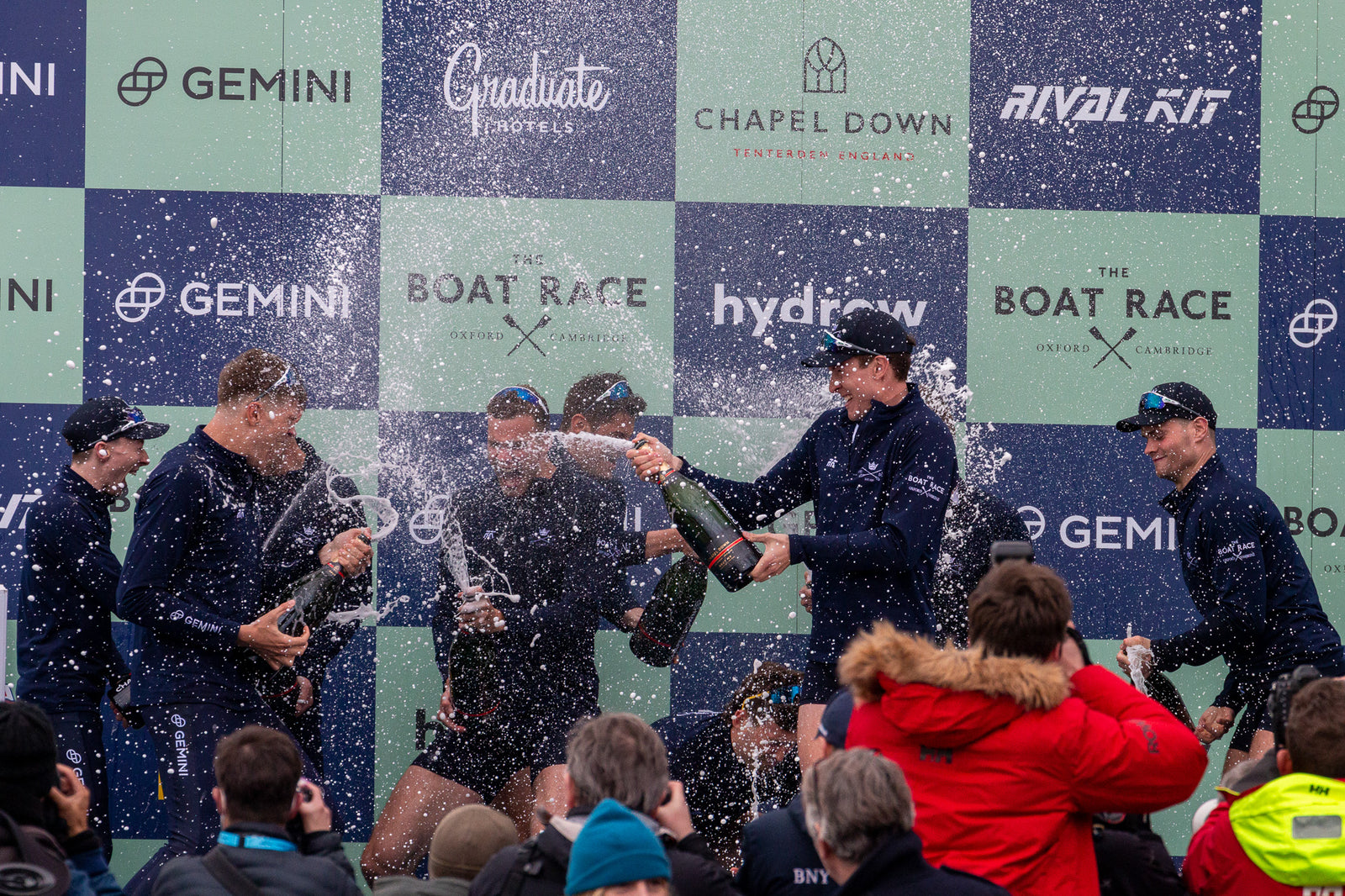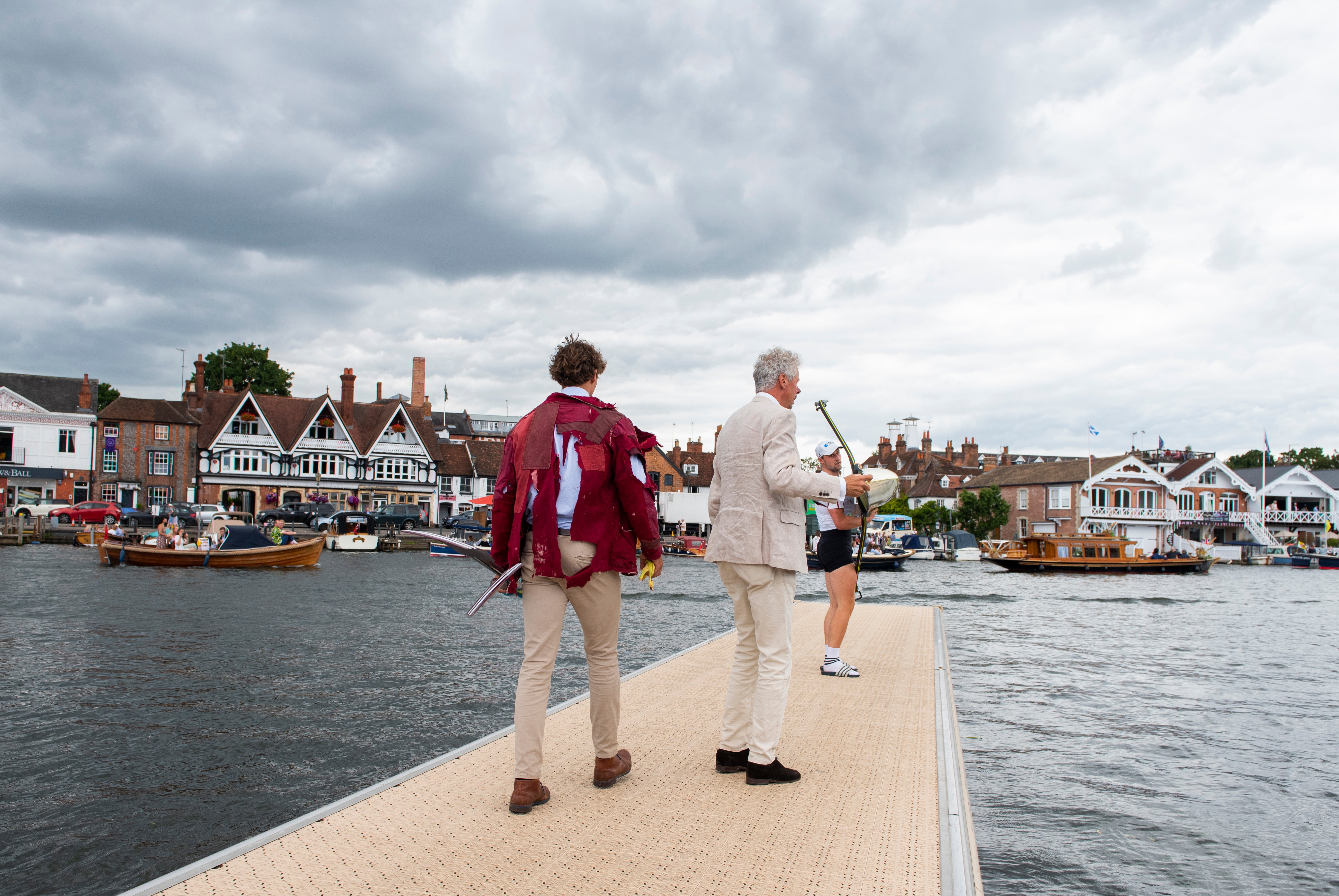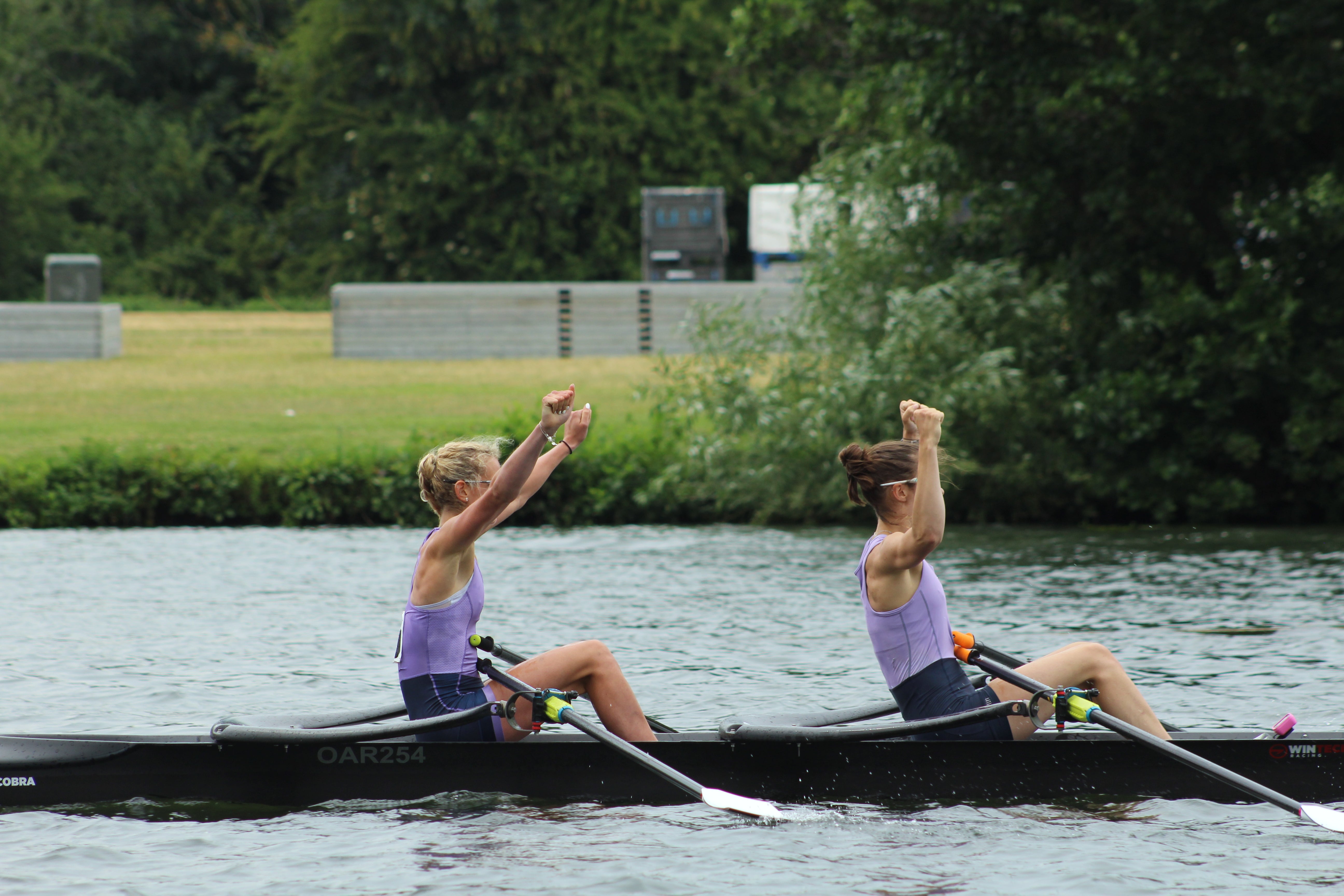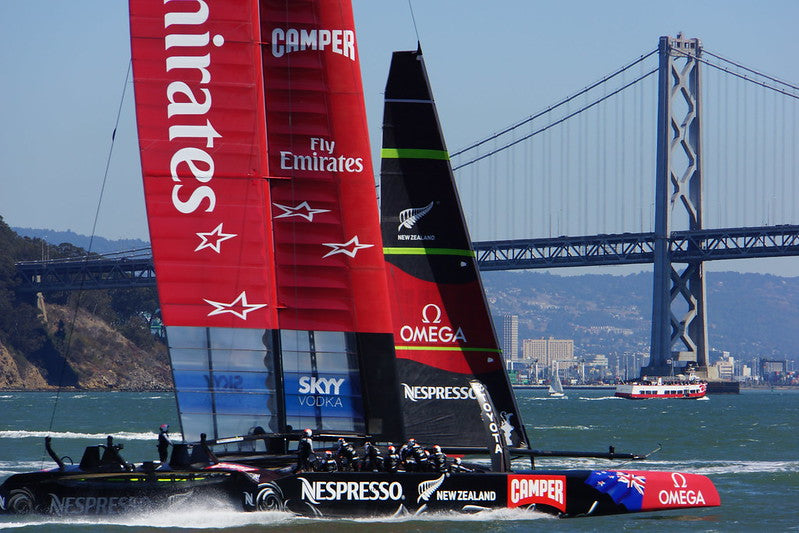Elitist or Inclusive? The Oxford Cambridge Boat Race

Is there a subject more divisive, both in and out of rowing, than the Oxford-Cambridge Boat Race? A race like no other, it invites vehement support on one side – typically from a directly-engaged community – and ardent detractors on the other, who take issue with the elitist perception of the two universities but also the broader contention of rowing.
To truly understand The Boat Race, you need to trace the contest back to its roots. Started in 1829 by old Harrovian schoolfriends Charles Merivale and Charles Wordsworth of Cambridge and Oxford respectively, the race itself is grounded in amateur sportsmanship. Since inception, the race has taken place all over the UK in varying conditions and with varying calibre of athlete but the amateur nature of the event (that no competitor can be paid by either university to compete) has remained the same. So, based on that, is it a misnomer to call the event elitist and out of touch with a society that is increasingly trying to throw off the shackles of aristocracy?
"Many universities around the globe offer education as good as Oxbridge, and dozens with stronger rowing programmes. Oxford and Cambridge are no longer unchallenged at the peak on either front..."
It is clear that both universities are not held in the same wider societal regard as they once were. We spoke with several athletes training for this year’s race, and one (A) was quite adamant that both institutions are no longer the powerhouses of academia and sport that they purport to be. "Many universities around the globe offer education as good as Oxbridge, and dozens with stronger rowing programmes," A commented. "Oxford and Cambridge are no longer unchallenged at the peak on either front and with their names losing power in other sectors, the Boat Race's relevance is massively in question".
Another athlete (B) claimed that the elitism of the respective programs needed further interrogation. “The Boat Race is a race between two high performance clubs at two academically elite universities. Something being elite, striving to be the best, is not a problem,” said B. “What is a problem is if it’s closed off and inaccessible. Between BRCL’s outreach work and the club’s internal endeavours through development programmes, efforts are being made to minimise that inaccessibility”.
"Speaking to friends at other universities, I don’t know that I would be able to afford rowing anywhere else."
Perhaps then, the issue is not The Boat Race but rowing itself. The sport demands physical superiority alongside mental tenacity and financial freedom (to the extent that you can afford to train, buy kit, boats, travel, race). The sport is elite in the very sense that to rise to the top you must be the best, coupled with the reality that rowing is often the plaything of the privileged in the UK (our top clubs include fee-paying schools like Eton, Radley, Headington, Shiplake and Westminster to name but a few). "We pay one sum of subs for the year and are given kit, training camp and pre–Boat Race accommodation and coaching", explained Athlete B, "Speaking to friends at other universities, I don’t know that I would be able to afford rowing anywhere else".
Is the public perception of the sport aided by the reality that its flagship event is hosted and played out by two of the world’s most elite organisations? "The Boat Race is not helpful to the sport," said Athlete A. "It puts blinkers on those racing who fail to see the diversity of competition the sport can offer, and to the public it purveys a two-dimensional image of rowing. It makes rowers and the public alike close-minded to what rowing can be".
"Scouting of athletes under spurious bursaries and unique offer packages also detracts from the integrity of the 'student-athlete' narrative the media love to peddle"
It's difficult to make a credible case that the outreach work The Boat Race is doing has worked. "Despite efforts by the universities to broaden the backgrounds from which students are admitted, the crews are still predominantly white and middle class," said Athlete A. "Scouting of athletes under spurious bursaries and unique offer packages also detracts from the integrity of the ‘student-athlete’ narrative the media love to peddle".
Daphne Martschenko, who rowed in The Boat Race in 2015 and 2016, came over to the UK to study after a stellar career in the US. As a black woman, Daphne’s participation in the race was much-heralded by supporters of the event – in a race generally shorn of ethnic diversity – and her view is that the race is critical for the wider amplification of rowing. "More than the Olympics, the Boat Race brings the sport of rowing to members of the public," she commented. "It is a captivating event that showcases the intensity and vulnerability of competitive sport. It is the premier rowing event in the world, offering a really unique opportunity to bring the sport to members of the public who may not know anything about it or have ever seen it before".
"There are so few sporting events where you get insight into the lives and stories of the athletes as part of the pre-event programming."
Beyond that, she also believes that the race does a fantastic job at highlighting the journeys of those who sit on the start-line. “There are so few sporting events where you get insight into the lives and stories of the athletes as part of the pre-event programming. The Boat Race really stands out for highlighting the journey that brought the athletes onto the water”.
And so, to the question of relevancy. How do we quantify relevant? What does relevant look like in a world where people are trapped under earthquake-induced rubble in their homes, forcibly categorised as agents of nowhere as a result of feuding and war and caught between heat and health in a fight against rising costs? Sport, and the qualities it imbues, are perhaps of ultimate relevance in a world that continues to try and test its inhabitants. The spectre of commercial viability and of broader, deeper entrenchment in all of the UK’s communities hangs heavy over The Boat Race though – it is up to the organisers to find a fix.
Square Blades sends its thoughts to the family of Tim Senior, former Chairman of The Boat Race Company Limited, who sadly passed away a couple of weeks ago.
Words by Junior Rowing News
Photo by A Blind Photographer








